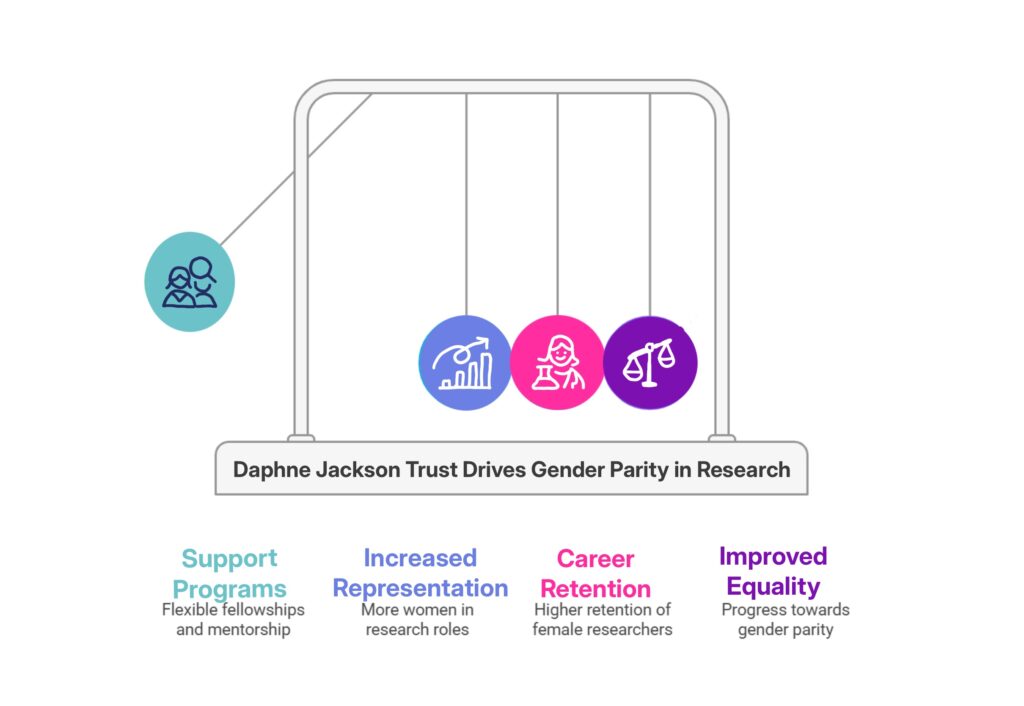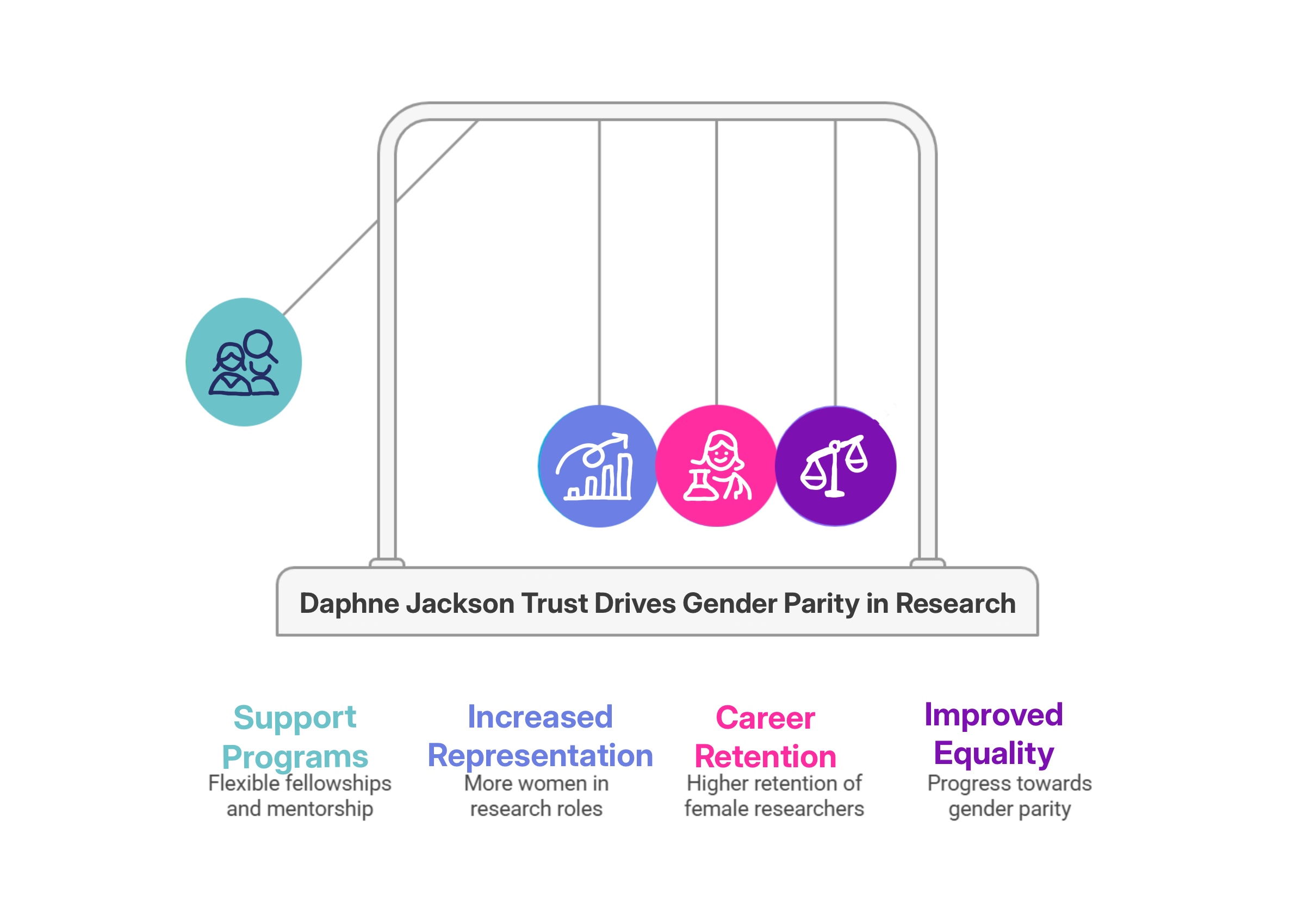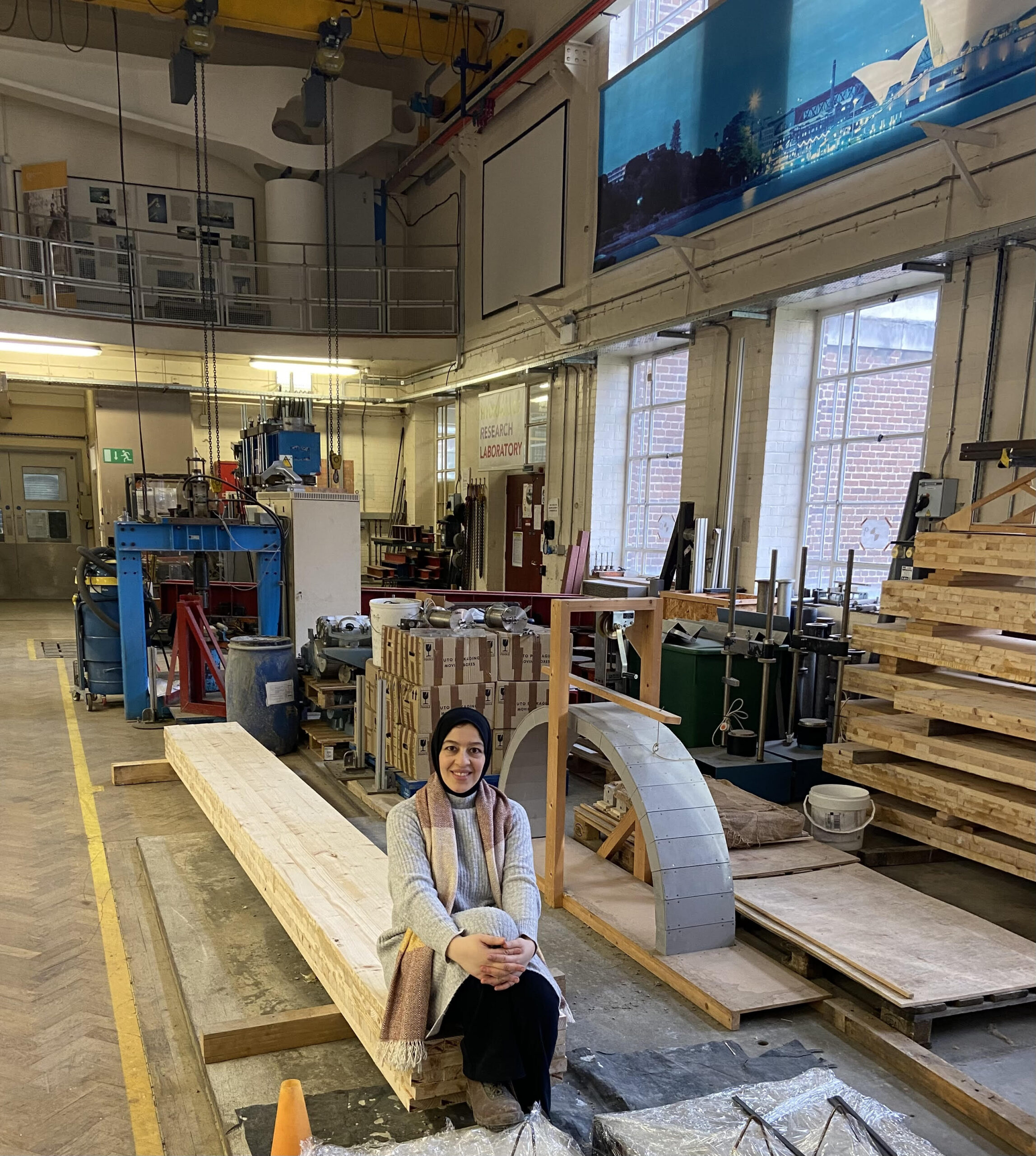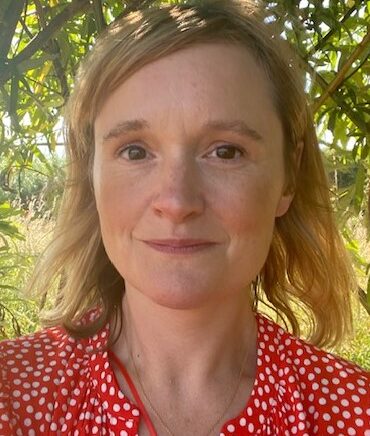
Since its establishment in 1992, the Daphne Jackson Trust has been at the forefront of equality, diversity and inclusion across the research landscape, helping people return to careers in research after a break of at least two years taken for family, caring, or health reasons.
Daphne Jackson, the UK’s first female professor of physics, created a fellowship program to re-train women who had left the science research workforce. Founded in her memory, the Daphne Jackson Trust has celebrated the increase in gender equality in research over the last thirty years.
According to a recent report by Elsevier Research Academy, the number of women in research has increased steadily over decades, and in 2022 reached the parity zone (40-60%), with 41% of researchers in the UK now identifying as women.
At the same time, we know that there are still strides to be made if we wish to achieve full gender parity in research. Elsevier data shows that women are less-well represented as they move through their careers. Globally women make up 36-39% of mid-career authors (11+ years of experience) and only 27% of advanced career authors (those with 21+ years of experience). Even in subjects like biological sciences, which attract a larger proportion of women, struggle with issues of retention. A recent study of biologists publicized in Nature showed that women were 40% more likely to leave publishing science after 20 years than their male counterparts.
Though gender equality has improved across society, research on the child penalty shows that women’s careers are disproportionately affected by the birth of their first child, and UK women on average still assume a higher burden of childcare and household duties. It’s no surprise then, that this increased gender parity in research begins to erode as women reach the age where family and caring demands are the highest.
Very few of our Daphne Jackson fellows planned to take a career break. But sometimes life gets in the way, and these researchers found their health concerns, caring work, or the needs of a young family incompatible with the demands of early or mid-career research.
According to the report, there are many ways that we can help to improve these statistics.
Academic leaders and funders should take actions to retain early-career women and help them progress in their careers in the research and innovation ecosystem. These can include driving an inclusive culture by addressing unconscious bias, actively providing mentoring and coaching, introducing policies that support women through life changes such as parenthood, and aiding them as they seek access to research funding.”
Here at the Trust, we’re working to provide just that. Our fellowships are part-time and flexible. We provide support through re-training programs and the mentorship of a dedicated fellowship advisor.
This support means that the Daphne Jackson Trust is uniquely qualified to return researchers to their careers and help achieve gender parity amongst mid-career and advanced researchers. We have helped over 500 fellows return to research, and in our 2024 cohort of fellows 85% identified as women.
Our fellows describe the life-changing nature of their Daphne Jackson Fellowship, giving them a second chance at a research career they loved, and our stats speak for themselves. According to our 2021 survey, our fellowships have saved an estimated £37m of gross institutional costs and over 1,250 years of research experience and talent from being lost from the sector.
Through funding, flexible working, mentorship, and an inclusive culture, the Daphne Jackson Trust is leading the way to gender parity in all areas of research.
Are you looking to return to a research career? We have several fellowship opportunities open. Learn more about our Current Opportunities.



